What is a pollinator?
When you think of a pollinator, the image of a honeybee likely pops into your head. However, pollinators encompass a wide range of species, including native bees, butterflies, moths, and hummingbirds. When they go to feed on a flower's nectar, pollinators pick up pollen in the process. As they move from one plant to another, the pollen is deposited and the flower can reproduce. Without pollinators, a number of these plants do not have a mechanism to pollinate themselves or receive this pollen otherwise. A number of plants that require pollinators are ones we need to survive. Nearly 75% of all crops require pollination via pollinators.
Why are they in danger?
Over the past few decades, pollinators have been declining for a variety of reasons. Pesticides such as neonicotinoids, loss of habitat through human development, and fluctuations in environments due to climate change have affected their ability to feed and live in particularly areas.
How can you help?
Join our Pollinator Project! Through this program, we provide the community with a variety of pollinator focused resources, including:
Pollinator Plant Seed Collection at the Durham Seed Library
Durham Public Libraries - Collection of Pollinator Educational Books
Pollinator Education Kits
Thanks to a generous grant from Triangle Community Foundation, we’re proud to offer these pollinator education kits from the Pollinator Partnership. A Pollinator Education Kit is available for educators to download or contact info@keepdurhambeautiful.org to check out.
Developed for use with students in grades 3 to 6, the kits include:
Pre- and post-tests
10 lesson plans with accompanying reproducible worksheets
Materials for lesson plan activities
Reproducible handouts
School garden kit materials
We have 4 kits available for loan, 3 Binder Curriculum and 1 Digital Curriculum.
A yearly Community Pollinator Plant Share, featuring plants that are specifically beneficial to pollinators through the nutrients or habitat they provide for the pollinator or their larvae. All of the plants are perennial and self-propagating, ensuring they have continued existence in the landscape.
This will guarantee that pollinators have the resources they need to be able to pollinate gardens, crops, and wild plants throughout the Durham area and, if they migrate, that they can make the journey to their destination.
Interested?
Sign up using the form below to be notified of upcoming events, volunteer opportunities, plant swaps and plant giveaways!

